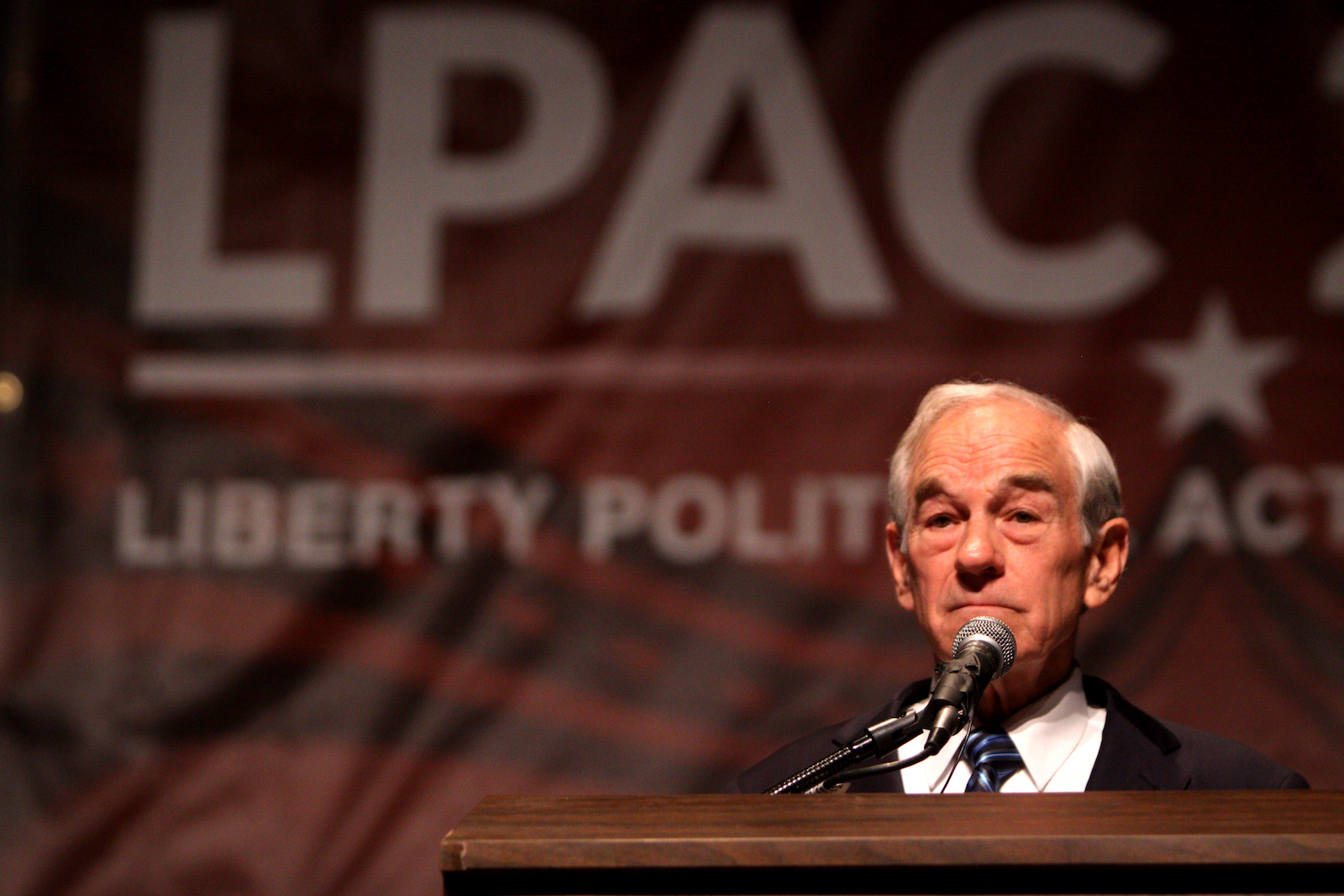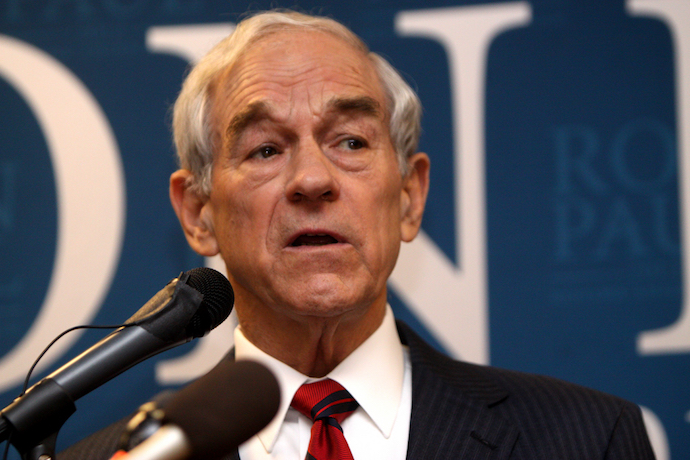
Politics
Contemplating a Paul Third Party Run
Ron Paul finished a disappointing third in the Iowa Caucuses. He is unlikely to win upcoming primaries in New Hampshire, South Carolina or Florida. He probably will not win February caucuses in Nevada or Maine either. Even if Republicans are unable to decide on a candidate by that time, Paul’s influence in the primary will have waned considerably.
Were Ron Paul to run as a third-party candidate in November, Republicans would have even more to worry about than they do now, which is saying something. Paul would surely pull votes away from the Republican candidate (probably Mitt Romney) and help Obama. This might not matter much in states like Texas, California or New York. But it would matter a lot in swing states like Ohio and Florida. Like the campaigns of Ross Perot in 1992 and 1996 and Ralph Nader in 2000, it seems unlikely that Paul would care if he indirectly contributed to the reelection of Barack Obama.
A recent article in Business Insider has ruled out the possibility of Ron Paul running as an independent. The author makes a couple good points, especially one regarding Paul’s inability to get his name on the ballot in every state. But then Michael Brendan Dougherty concludes by saying that “Paul is not going to risk his reputation, his legacy, and his son’s political career on a doomed third party effort.”
In the same article, Mr. Dougherty says that “The idea of a third party run for Ron Paul is a fantasy.” This is a hyperbolic and irrational statement. Just because the Paul campaign remains coy on the subject does not mean it is a “fantasy.”
Ron Paul has done little (if anything) to suggest that he is concerned with how he is viewed by most Republicans. If he were that concerned with his legacy or his reputation, wouldn’t he have begun to support some more moderate views by now? Sure, it is uncertain that Paul will run as an independent. And, yes, journalists are happy if the idea is still floating around because it makes for a good story. However, the conclusion that Mr. Dougherty has drawn is unpersuasive for a number of reasons. First, Ron Paul has built his “reputation” on consistently being unorthodox, rejecting mainstream ideas and not really caring what other people think about him.
He has (rightfully) earned a reputation as an intellectually honest maverick, even if some of his ideas (like the abolition of the Federal Reserve) are viewed as extreme or intransigent by a majority of the American public. Second, his “reputation” and the ideas that he has promulgated for years about smaller government, the protection of civil liberties, a denunciation of US foreign policy, a call for isolationism and lambasting an unsustainable monetary system (to name a few) are Ron Paul’s legacy.

Ron Paul has spent most of his political career trying to recalibrate the debate when it comes to US politics. Just because many of his ideas are not considered “mainstream” does not mean that he has not been influential. Paul has been speaking about misguided thinking on American foreign policy and overextension in the Middle East for thirty years, long before other legislators were raising such strident criticisms. He has also expressed concerns about US monetary and fiscal policy for decades. Lastly, the point about risking “his son’s political career” is also relatively weak.
Given the way Ron Paul has behaved for the past three decades, it is unlikely that a purported threat against his son Rand would factor into his decision-making process at all. Besides, Rand Paul is not exactly championed by the Republican establishment. Senator Rand Paul was recently asked to share his thoughts about his father running as a third party candidate. Senator Paul said that “I’ve been saying that the Tea Party has power and influence by primarily keeping Republicans and making them more consistent with their platform and their principles.” Senator Paul went on to say that “If the Tea Party branches off it will be a certain election for President Obama.” Wow. Those words are thought-provoking and it does sound like Rand Paul is planning his political future, though that does not mean his father has to agree with him. Moreover, what exactly constitutes “branching off” according to Senator Rand Paul?
There is no question that the Tea Party’s influence on the Republican Party has been, at least when it comes to getting Republicans elected, extremely detrimental to the party. 2010 Senate races in Delaware, Colorado and Nevada provided great examples of this. In these races, Tea Party candidates directly contributed to the election of a Democrat. It is a simple principle; moving the GOP further to the right is a bad strategy if Republicans care about broadening their appeal and getting more people into office. The very essence of the Tea Party is that if it wantonly deviates from the GOP mainstream regardless of political outcomes, or as Paul phrased it, “branching off.” They show little concern about the consequences.
Clearly, a Ron Paul third-party run would further divide and weaken a Republican Party that has already been ripped apart since George W. Bush left office. It might be just the sort of “wakeup call” that conservatives need. Or it could create more distance between various factions in the future that must be resolved. Regardless of what happens; Ron Paul is his own man. Whether he decides to run as an independent or not, he will not deferentially acquiesce to his son’s admonitions, be intimidated by political threats against Rand or groundless claims that a third-party run would tarnish his reputation. Ron Paul’s decision will be entirely his own, just like all his others.

